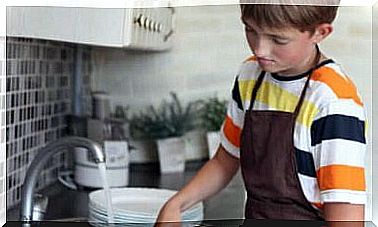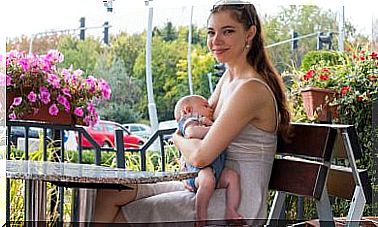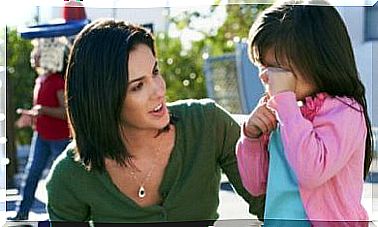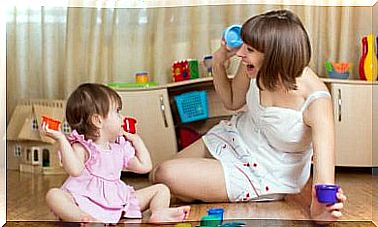How To Help Your Children Understand A Sense Of Justice
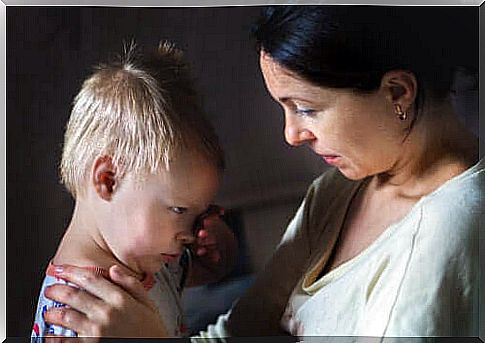
Every parent has heard their children say “That’s not fair!” . Whether it’s because one of the brothers received a privilege they don’t have, because we applied a punishment or consequence for some bad behavior, or simply because they were pulled out of the bathtub sooner than they wanted to.
However, to understand their complaints, we must first understand how a sense of fairness develops in children.
The family plays an essential role in the moral education and values of children. This has been shown to occur through socialization, interaction with other human beings. In this way, the little ones understand social norms and develop a notion of what is fair and what is unfair. So how can we make this task easier for them?
The sense of justice in children
Depending on what stage of life our children are in, their concept of justice will be different. Important authors such as Piaget and Kohlberg have made interesting contributions to the understanding of this process.

first stage
For example, until the age of four, children have no real conception of morality. For them, everything they like or want is fair, while everything they don’t like or want is unfair.
Therefore, it is common for children to say that it is not fair to force them to leave the park when they are having fun or that it is unfair to have to take off their pirate costume to wear their school uniform.
They still do not understand social conventions, nor can they infer the necessity of what we are asking them to do. It is the inability to be themselves, to satisfy their immediate desires to submit to what others dictate, that they associate with injustice.
Second stage (moral realism)
Later, around the age of five to eight, the little ones enter the stage of moral realism. At this point, they understand that norms are something externally imposed by authority figures such as parents, teachers, or God.
They assume that the rules are absolute and that their breach must always be punished, regardless of whether there is an intention behind their transgression. For this reason, we can find children asking that their younger brother be punished for spilling juice on his shirt, even if it was accidental.
Third stage (moral relativism)
Finally, from the age of nine, children understand that rules are agreements between people and that adhering to them is a voluntary act to ensure the common good. Likewise, they begin to consider people’s intentions as well as the results of their actions. And they also understand that the rules can be relaxed and questioned.
Tips to help children understand the sense of fairness
All children will go through this process during their development, although each child’s personal pace will vary. However, given the importance of socialization for moral development, actions taken at home will help or hinder the child’s understanding of the sense of justice. So how can we help them?

- Even though they are small and we feel that they cannot fully understand our reasoning, we should always try to explain why the rules are imposed. The child does not need to sleep “because Mom or Dad told him to”, but because he needs to rest to go to school the next morning.
- We should take turns (for example, to set the table) and assign equitable responsibilities to all family members. That way, the little ones will naturally understand that following the rules and collaborating is beneficial for everyone, and it’s something we do for the common good.
- We must allow children to question the rules, develop critical thinking and express their opinion. We have to listen to their arguments, explain and negotiate with them instead of imposing.
We must remember that, as parents, our goal is not to make our children obey, but to make them internalize values and start to follow them out of conviction. For this, the best tool we have is our example and healthy family relationships – in which respect and trust prevail.
